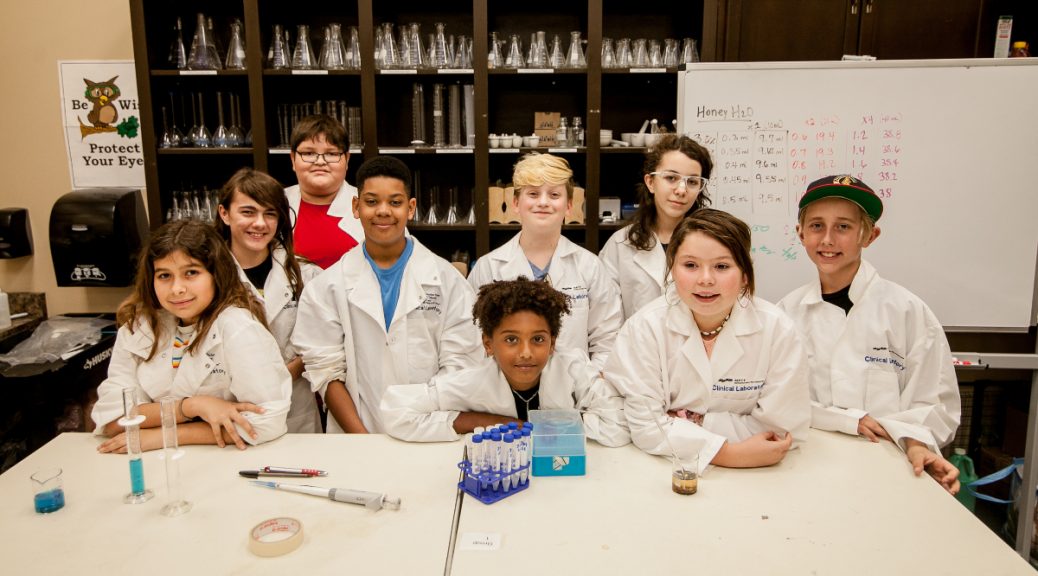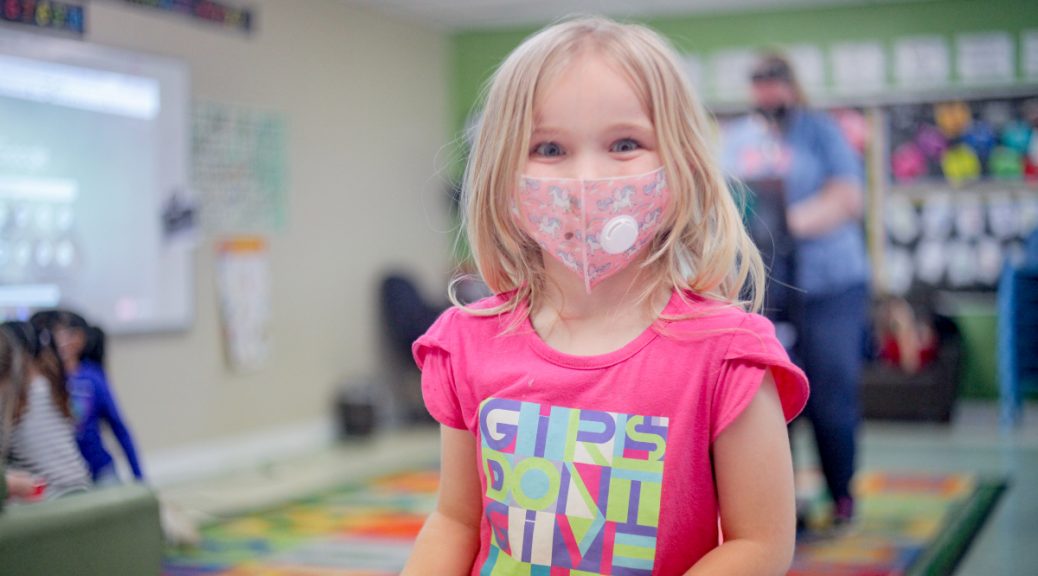Spend even just a few moments inquiring about iLEAD Antelope Valley’s approach to education, and one of the first things you’ll hear about is project-based learning, or PBL. It’s at the core of our approach to school and a proven asset to education.
So what is project-based learning? In PBL, learners actively explore real-world challenges to acquire deeper knowledge of the subject at hand. Research shows that learners increasingly retain and enjoy what they’re learning when PBL is done well.
This educational model helps students learn the valuable collaboration, academic, and problem-solving skills our global economy will demand from them. Through the PBL method, learners tackle engaging projects about real-world issues that require critical thought, inquiry, and synthesis, and culminate in regular Presentations of Learning (or POLs) to their peers, facilitators, community members, and parents.
The PBL model requires learners to research, collaborate, and carefully weigh information and evidence in a nuanced problem-solving environment. It teaches learners to accept feedback, create solutions, and present their findings in a high-performance context — preparing them for the rigors of the 21st-century economy and the challenges of a global world.
PBL provides the following benefits:
- PBL makes school more engaging: In PBL, students are active, not passive. Projects engage their hearts and minds and provide real-world relevance for learning.
- PBL improves learning: At the completion of a project, learners understand content more deeply, remember what they learn, and retain it longer than is often the case with traditional instruction. Because of this, students who gain content knowledge with PBL are better able to apply to new situations what they know and can do.
- PBL builds skills for college, career, and life: Learners are preparing for life in a world where success requires more than basic knowledge and skills. In a project, students learn how to take initiative and responsibility, build confidence, solve problems, work in teams, communicate ideas, and manage themselves more effectively.
- PBL helps address standards: Common Core and other current education standards emphasize real-world application of knowledge and skills, as well as the development of success skills like critical thinking/problem-solving, collaboration, communication in a variety of media, and speaking and presentation skills. PBL helps learners effectively meet these goals.
- PBL embraces technology: Kids enjoy using a variety of tech tools that are a perfect fit for PBL. With technology, facilitators and learners not only find resources and information they need; they also collaborate more effectively and connect with experts, partners, and audiences.
- PBL makes teaching more enjoyable and rewarding: Projects allow facilitators to work closely with active, engaged learners doing high-quality, meaningful work. In many cases, facilitators rediscover the joy of learning alongside kids.
- PBL connects kids and schools with communities and the real world: Through PBL, learners have opportunities to solve real problems and address actual issues, and as such they learn more about interacting with adults and organizations, are exposed to workplaces, and can identify and develop career interests.
In short, project-based learning is at the core of the iLEAD Antelope Valley model because we believe it is at the heart of how kids learn best. Time and again, we’ve seen how PBL helps learners develop academic skills, build leadership skills and character, and lay the foundation for promising careers.










